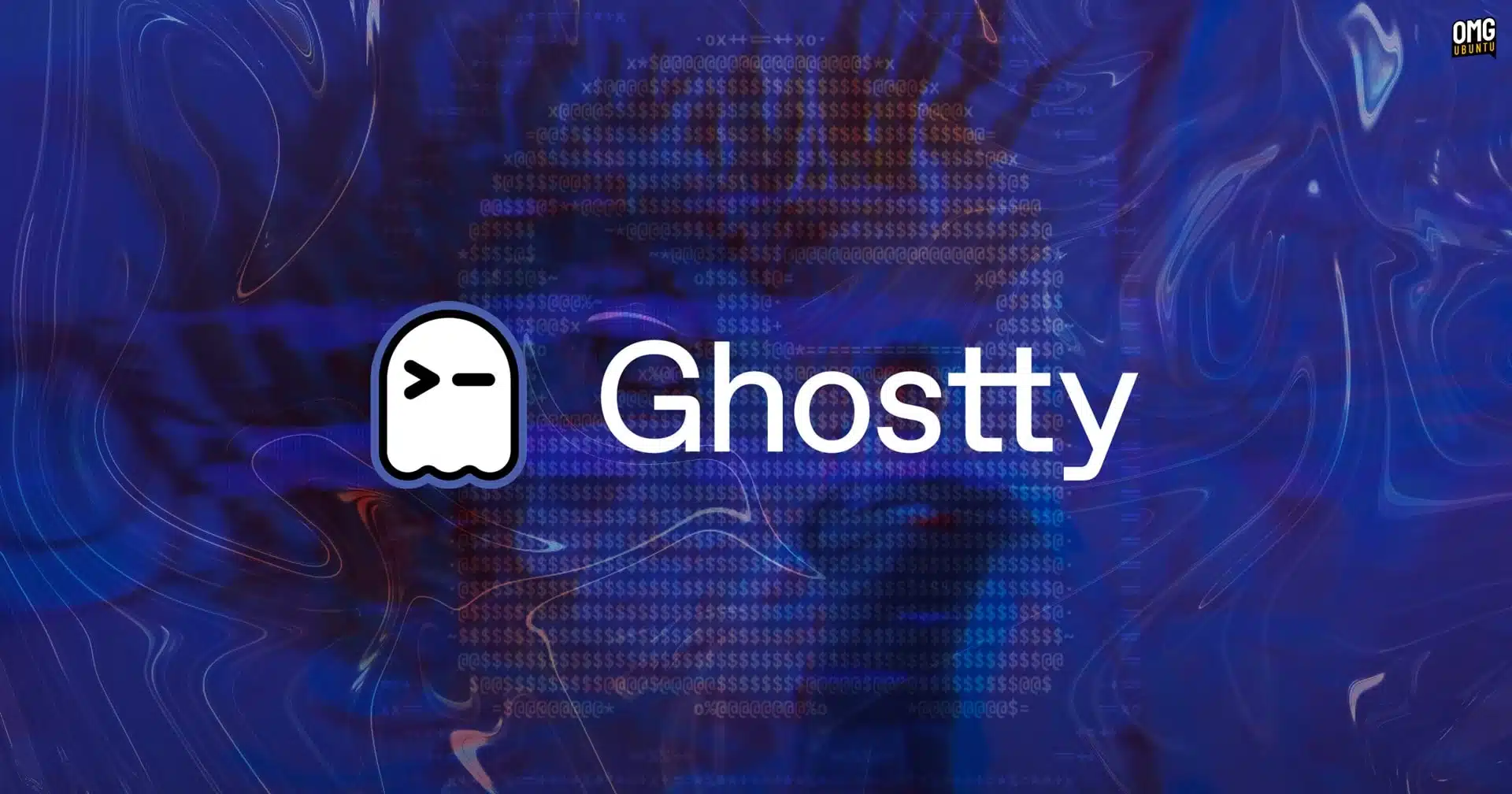If you experience any difficulty in accessing content on our website, please contact us at 1-866-333-8917 or email us at support@chicagovps.net and we will make every effort to assist you.

The Ghostty terminal emulator has undergone a significant rewrite of its GTK version, according to lead developer Mitchell Hashimoto. This revamped version aims to provide a feature-rich, stable, and maintainable experience for users on both Linux and BSD platforms.
Ghostty, originally introduced as an open-source terminal emulator designed for speed and advanced features with GPU acceleration, has gained substantial popularity since its launch late last year. Unlike many cross-platform tools, Ghostty is native to the operating systems it runs on. For instance, its backend is built in the Zig programming language, utilizing Swift on macOS and GTK4 on Linux, with full support for Wayland and X11.
However, the previous GTK implementation presented various memory issues, which Hashimoto highlighted. Some problems stemmed from scenarios where either Zig memory or GTK memory was freed, leading to critical bugs disrupting user experience. This prompted a need for a thorough overhaul.
The new GTK version fully utilizes GTK’s reference-counting memory management system. Hashimoto emphasized that working with GTK often necessitates interfacing with the GObject type system. By embracing this system, Ghostty can leverage numerous "GTK-native features," such as signals, properties, and actions, which enhance functionality and simplify maintenance. For example, users can look forward to new notifications, like "command complete," that were challenging to implement previously.
To ensure the stability of the rewrite, Valgrind, a tool for memory debugging, was employed throughout the process, with Hashimoto asserting the new build is now devoid of memory leaks and undefined access.
The initial GTK builds of this rewritten version are set to debut in Ghostty 1.2, which is expected to be released soon. Users currently experiencing instability with Ghostty on Linux will likely encounter a smoother experience with this update. For those who haven’t tried Ghostty yet, it may be prudent to wait for this forthcoming version to gain the best initial impression of the application.
For further technical insights, Hashimoto has elaborated on the updates in his blog post. The source code can be accessed on GitHub.
ChicagoVPS is your gateway to unparalleled hosting solutions. Our state-of-the-art datacenters and powerful network ensures lightning-fast speeds and uninterrupted connectivity for your websites and applications. Whether you’re a startup looking for scalable resources or an enterprise in need of enterprise-grade hosting, our range of plans and customizable solutions guarantee a perfect fit. Trust in ChicagoVPS to deliver excellence, combining unmatched reliability and top-tier support.
For Inquiries or to receive a personalized quote, please reach out to us through our contact form here or email us at sales@chicagovps.net.
